Imagine you’re building your dream house. Would you start without the right tools, a blueprint, or a reliable foundation? Creating a website is no different. The backbone of a successful website lies in the right Content Management System (CMS).
A Content Management System (CMS) is the beating heart of modern web development, empowering users to build, manage, and modify their websites with ease. Whether you’re a beginner starting your first blog or an experienced developer crafting a complex e-commerce site, the right CMS can make all the difference.
Let’s explore the best CMS platforms available today!
What is a CMS?
A Content Management System (CMS) is a software application or set of programs that enable users to create, manage, and modify digital content on a website without requiring specialized technical knowledge. Essentially, it provides a user-friendly interface for managing web content, including text, images, videos, and other multimedia elements.
Benefits of Using a CMS for Web Development:
- Ease of Use: CMS platforms typically offer intuitive interfaces that allow users, regardless of technical expertise, to easily add, edit, and delete content. This accessibility reduces the need for extensive coding knowledge, empowering content creators and marketers to manage websites independently.
- Scalability: A robust CMS supports scalability, enabling websites to grow in terms of content volume and functionality over time.
- Content Management: CMS platforms excel in organizing and structuring content efficiently. They often include features such as content scheduling, version control, and collaborative editing, which streamline content workflows and enhance productivity.
Best CMS Platforms for Web Development
1. WordPress
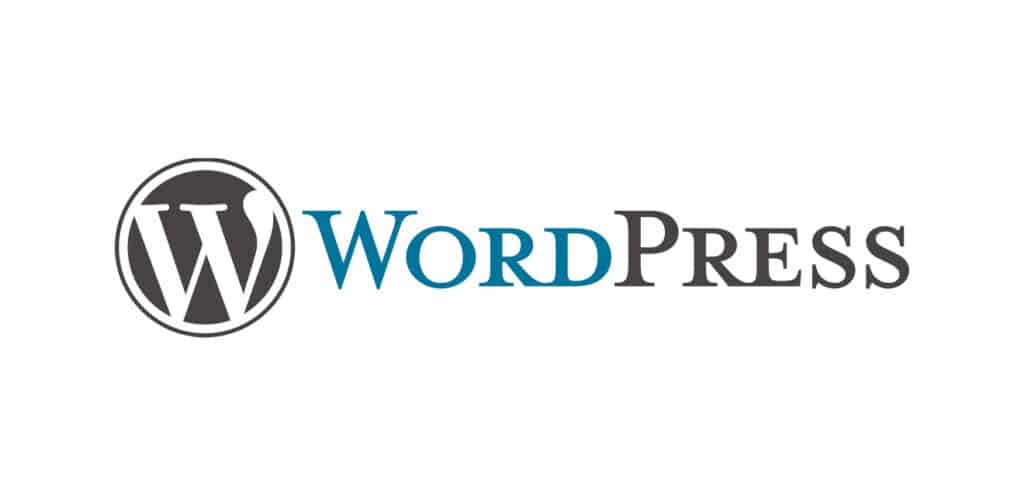
WordPress is undeniably the most popular Content Management System (CMS) globally, powering over 40% of all websites on the internet. Originally known as a blogging platform, WordPress has evolved into a versatile CMS that caters to various types of websites, from blogs and portfolios to e-commerce stores and corporate sites.
Key Features
- User-Friendly: WordPress offers a straightforward dashboard and intuitive interface, making it accessible for users of all technical levels.
- Extensive Plugin Library: With thousands of plugins available, WordPress allows users to extend functionality easily. Plugins range from SEO tools and analytics to e-commerce integrations and social media sharing.
- Customizable Themes: Choose from a vast selection of free and premium themes to customize the look and feel of your website. Themes can be further customized using WordPress’s built-in customization tools or by editing the code directly.
Pros
- Flexibility: WordPress’s adaptability makes it suitable for a wide range of applications, from simple blogs to complex enterprise websites.
- Large Community Support: Benefit from a vast community of developers, designers, and users who contribute to plugins, themes, and support.
- SEO-Friendly: WordPress offers SEO-friendly features, such as customizable permalinks, meta tags, and plugins like Yoast SEO, which optimize content for search engines.
Cons
- Resource-Intensive: WordPress websites can become resource-intensive, especially when heavily customized or loaded with plugins. Optimal performance requires regular maintenance and monitoring.
- Security Risks: As the most popular CMS, WordPress can be a target for hackers if not properly secured and updated. Regular updates and security measures are crucial to mitigate risks.
2. Joomla
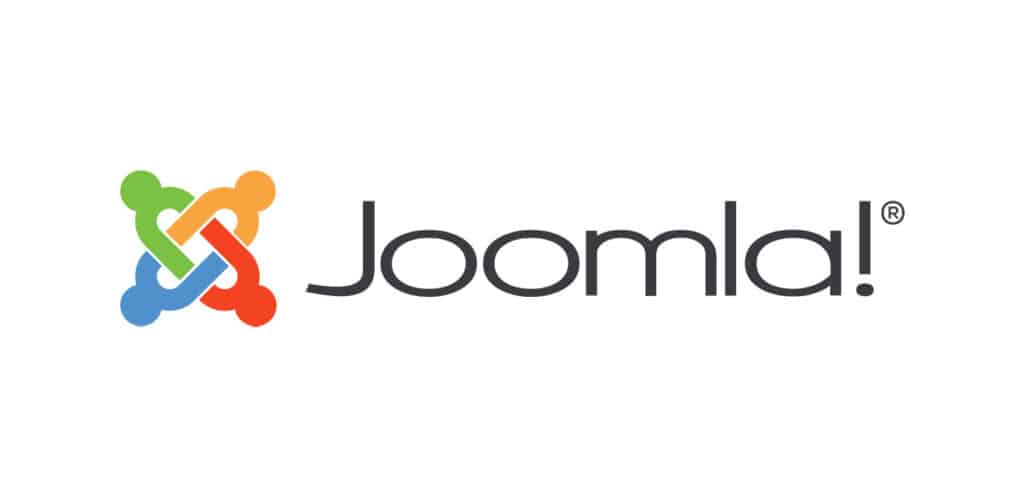
Joomla is recognized as the second most popular Content Management System (CMS) globally, known for its robust capabilities in managing complex websites. It is favored by developers and businesses seeking advanced functionalities beyond basic blogging.
Key Features
- Advanced User Management: Joomla excels in managing user roles and permissions, making it ideal for websites requiring intricate user access levels and memberships.
- Multilingual Support: Built-in multilingual capabilities allow users to create content in multiple languages, essential for global or region-specific websites.
- Extensive Templates: Joomla offers a wide array of templates (themes) that cater to various industries and design preferences. These templates are customizable to suit specific branding and functional requirements.
Pros
- Flexibility: Joomla provides flexibility in creating diverse types of websites, from corporate portals and online magazines to e-commerce platforms.
- Powerful Extensions: Joomla’s extension directory offers a range of powerful add-ons, including components, modules, and plugins, that extend functionality without extensive coding.
- Strong Developer Community: Benefit from a dedicated community of developers and enthusiasts who contribute to Joomla’s ongoing development, support forums, and resource sharing.
Cons
- Steeper Learning Curve: Joomla may have a steeper learning curve compared to more user-friendly platforms like WordPress, requiring some familiarity with web development concepts and Joomla’s specific architecture.
- Fewer Plugins Compared to WordPress: While Joomla’s extension directory is robust, it may offer fewer plugins and themes compared to WordPress, limiting some customization options.
3. Drupal
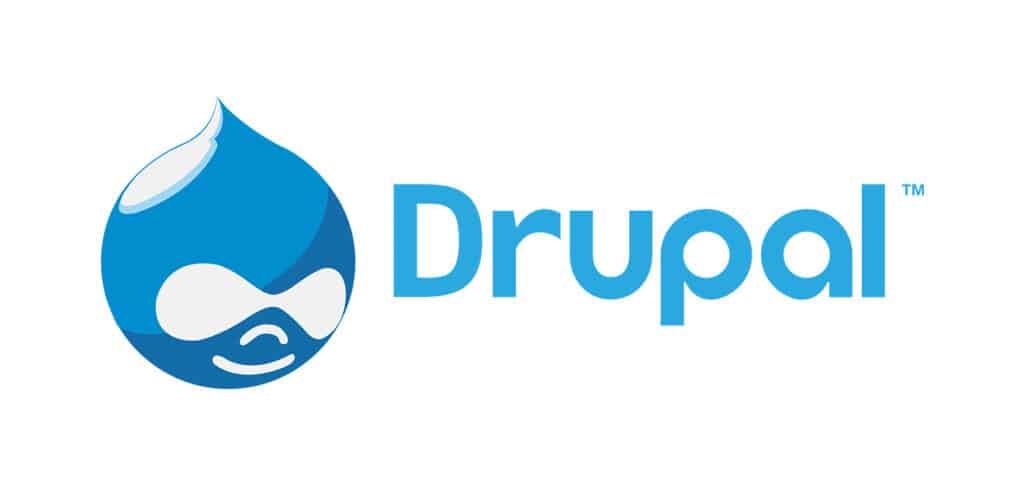
Drupal is renowned for its robustness and scalability, making it a preferred choice for creating highly customizable websites and applications. It is particularly favored by large enterprises and organizations requiring secure and complex digital solutions.
Key Features
- Highly Customizable: Drupal offers extensive customization options, allowing developers to tailor websites to specific needs with custom content types, views, and modules.
- Strong Security Features: Drupal prioritizes security with built-in features such as access controls, secure coding practices, and regular security updates, making it suitable for handling sensitive data.
- Suitable for Large Enterprises: Due to its scalability and robust architecture, Drupal is ideal for managing large volumes of content and supporting high-traffic websites and applications.
Pros
- Flexibility: Drupal provides flexibility in building various types of websites and applications, from corporate portals and government websites to educational platforms and community-driven sites.
- Extensive API Support: Drupal offers comprehensive API support, facilitating integration with third-party applications, services, and data sources.
- Powerful Content Management: Drupal’s advanced content management capabilities enable efficient organization, publication, and management of content across multiple channels.
Cons
- Steep Learning Curve: Drupal’s advanced features and architecture may pose a challenge for beginners, requiring a learning curve and technical expertise to effectively utilize its full potential.
- Requires Technical Expertise: Achieving optimal results with Drupal often necessitates familiarity with web development concepts, server configurations, and Drupal-specific modules.
4. Shopify
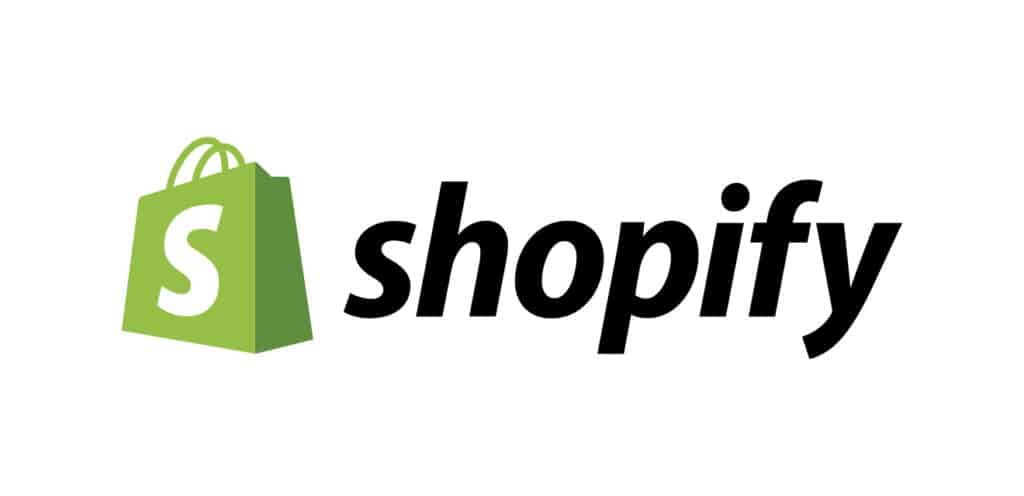
Shopify is a leading Content Management System (CMS) specifically designed for creating and managing e-commerce websites. It provides a comprehensive platform that simplifies the process of setting up and running an online store, making it popular among entrepreneurs and businesses focused on e-commerce.
Key Features
- Easy to Set Up: Shopify offers a user-friendly interface and guided setup process, allowing users to launch their online stores quickly without extensive technical knowledge.
- Built-in Payment Processing: Integrated payment gateways enable seamless transactions, supporting major credit cards and alternative payment methods.
- Customizable Storefronts: Shopify provides customizable themes and templates that allow users to personalize their online store’s appearance and functionality.
Pros
- User-Friendly: Shopify’s intuitive interface and simplified setup make it accessible for users at all levels of technical expertise, from beginners to experienced merchants.
- Excellent Customer Support: Shopify offers robust customer support through various channels, including 24/7 live chat, email support, and community forums.
- Integrated SEO Tools: Built-in SEO features help optimize product pages and improve search engine rankings, enhancing visibility and attracting organic traffic.
Cons
- Monthly Subscription Fees: Shopify operates on a subscription-based pricing model, which includes monthly fees that vary depending on the plan chosen and additional transaction fees for using external payment gateways.
- Limited Customization Compared to Open-Source CMS: While Shopify provides extensive customization options through themes and apps, it may have limitations compared to open-source CMS platforms like WordPress or Drupal, particularly for developers requiring advanced customization.
5. Wix
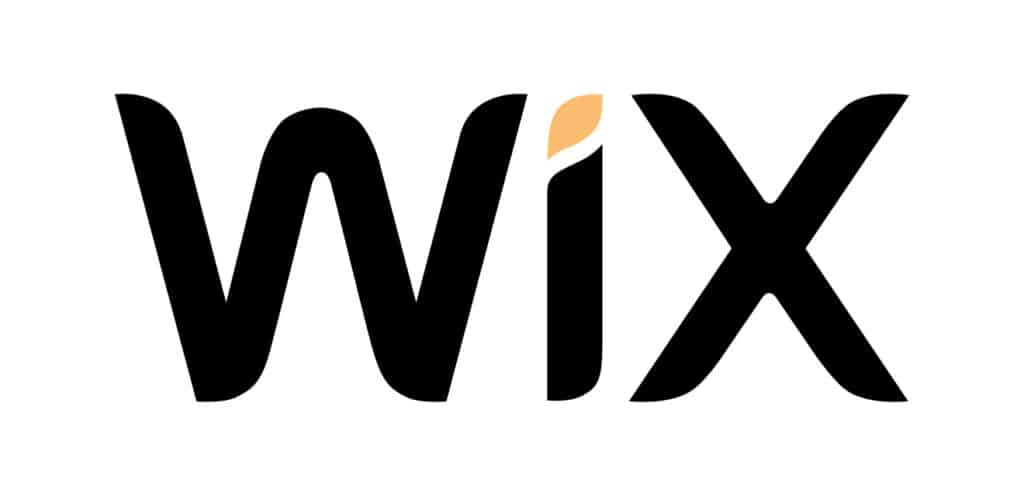
Wix is a widely-used Content Management System (CMS) known for its simplicity and accessibility, making it popular among small businesses, entrepreneurs, and individuals looking to create professional-looking websites without coding skills.
Key Features
- Drag-and-Drop Builder: Wix offers an intuitive drag-and-drop interface that allows users to create and customize websites visually, placing elements exactly where they want them without needing to write code.
- Customizable Templates: Wix provides a wide selection of customizable templates that cater to various industries and design preferences. Users can choose from pre-designed layouts and modify them to fit their branding and content needs.
- Integrated SEO Tools: Wix includes built-in SEO features such as meta tags, alt text for images, and SEO-friendly URLs, helping users optimize their websites for search engines and improve visibility online.
Pros
- Easy to Use: Wix is renowned for its user-friendly interface and straightforward setup process, making it accessible for beginners and individuals with limited technical knowledge.
- No Coding Required: Users can create fully functional websites using Wix’s visual editor and tools without the need for coding skills, enabling quick and hassle-free website development.
- Affordable Pricing: Wix offers competitive pricing plans, including free options with Wix ads and premium plans that provide additional features such as custom domain names, e-commerce capabilities, and ad-free websites.
Cons
- Less Flexibility: While Wix provides extensive customization options through its drag-and-drop builder and app marketplace, it may have limitations in terms of flexibility compared to more advanced CMS platforms.
- Limited Scalability for Large Sites: Wix’s scalability may be limited for large-scale websites or those with complex functionalities, as it may not offer as much customization and integration capabilities as other CMS platforms designed for enterprise-level use.
In Summary
Choosing the right Content Management System (CMS) is crucial for the success of your website. Each platform offers unique strengths, from WordPress’s versatility and extensive community support to Shopify’s specialized e-commerce solutions and Wix’s user-friendly interface. Whether you prioritize flexibility, ease of use, or specific functionalities like SEO and e-commerce, there’s a CMS tailored to meet your needs. Assessing factors such as customization options, scalability, and support will guide you in selecting the best CMS for your project’s requirements.
Outsource your web development needs to Offtech, one of Montreal’s leading web development agencies specializing in crafting tailored digital solutions. Visit Offtech today to transform your vision into a standout online presence.
